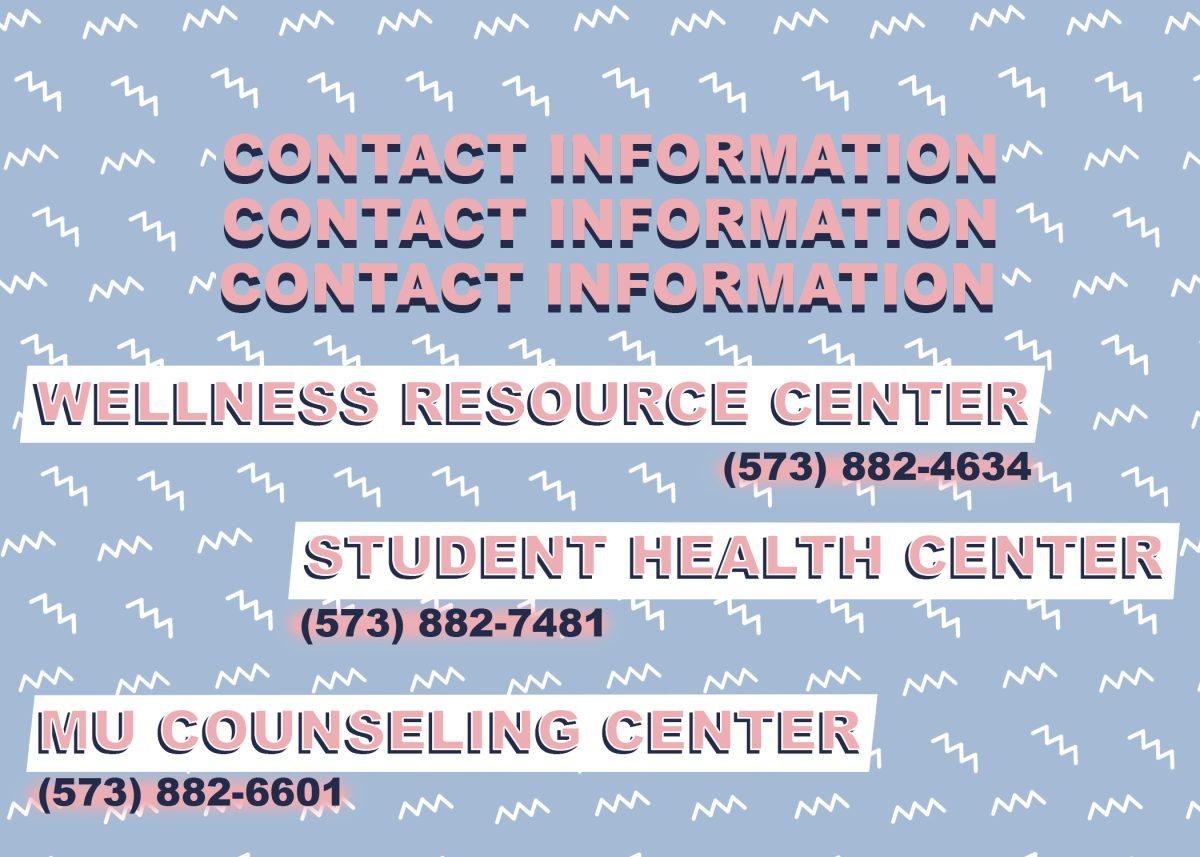_Madi Baughman is a freshman journalism and political science major at MU. She is an opinions columnist who writes about political and civil rights issues for The Maneater._
Stress. It’s a word you’re bound to hear at least once a day when you’re walking around campus. During my college experience, I’ve known many people — including myself — who will work themselves into such a frenzy that they actually become sick from it. Nearly one-third of all Americans say their stress impacts their mental or physical health, and yet it seems like dealing with stress still isn’t taken as seriously as it should be. In college especially, being stressed out all the time is considered the “norm.”
Symptoms of stress often include things that may make you feel sick all on their own: upset stomach, aches and pains, insomnia and low energy, among others. But the symptoms alone aren’t the worst it can get; it can often lead to actually coming down with something. Here’s the science of it: Stress suppresses the immune system, which makes it a lot easier to get sick. Studies done by Carnegie Mellon University in Pittsburgh suggest that increased psychological stress is a very important factor in determining who gets sick when viruses get passed around.
The thing is, when people don’t take the concerns of teenagers and young adults seriously, these problems only get worse and can manifest into even more serious problems further into adulthood — anxiety, depression, you get the idea. Long-term stress can take a serious toll on the body and the mind, even after what has been causing the stress is resolved. When steps to combat stress and practice healthy coping techniques are not taken, the risk increases for serious health problems to arrive in the future, an outcome that nobody wants.
Fortunately, there are already some resources on campus for students who may be feeling the pressure. The Wellness Resource Center, for example, has lots of wonderful resources about how to deal with stress, as well as many other problems. The people there are doing really excellent work to help out students, but unfortunately, there are a lot of students who don’t know about them, or any of the other resources on campus when it comes to stress. I think it’s important that we change the way people talk about stress and openly provide resources to struggling students instead of making them search for them on their own, when they already have enough on their plates.
If you or someone you know needs resources to handle stress in a healthy, you can contact the Wellness Resource Center at (573) 882-4634, the Student Health Center at (573) 882-7481 or the MU Counseling Center at (573) 882-1682.














